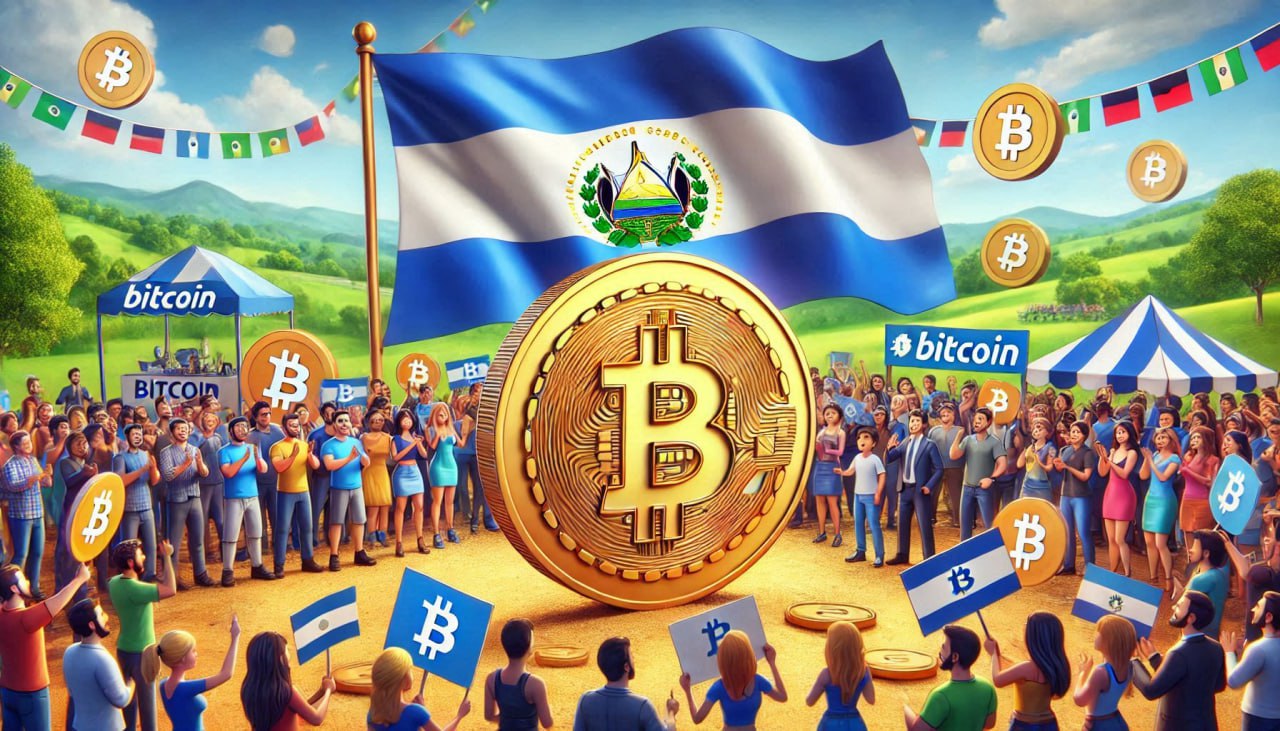El Salvador announced on Thursday its intention to continue purchasing bitcoin, possibly at an increased rate, just a day after securing a financing agreement with the International Monetary Fund (IMF), which advised the country to limit its cryptocurrency exposure.
Stacy Herbert, the director of El Salvador’s national bitcoin office, stated on X that bitcoin would remain legal tender in the Central American nation, and the government would continue to bolster its strategic reserves.
On Wednesday, El Salvador finalized a $1.4 billion loan agreement with the IMF, which included a commitment from President Nayib Bukele’s administration to reduce its bitcoin-related policies. The agreement stipulated that tax payments would henceforth be made solely in the U.S. dollar, the country’s other official currency.
IMF spokesperson Julie Kozack mentioned on Thursday that proposed legal reforms in El Salvador would make the acceptance of bitcoin by the private sector optional.
The government’s decision to ramp up bitcoin purchases “might be a strategy to mitigate any backlash” from perceptions of a declining status for the cryptocurrency in El Salvador, according to Eugene Epstein, head of trading and structured products for North America at Moneycorp in New Jersey. “Given the scale and likely terms of the IMF deal, it was probably a wise move for Bukele.”
El Salvador currently holds 5,968 bitcoins, valued at approximately $594 million. The cryptocurrency has seen a recent surge following U.S. President-elect Donald Trump’s reiterated plans for a strategic reserve similar to those for oil.
In September 2021, El Salvador became the first country to recognize bitcoin as legal tender alongside the dollar, a move that sparked tensions with the IMF, which had warned of potential financial and legal risks that it claimed had “not materialized.”
Bukele has been promoting the country’s role as a center for digital currency trading, recently hosting an “Adopting Bitcoin” conference. The country is also known for “Bitcoin Beach,” a tourist-friendly surfing destination where local businesses have begun accepting bitcoin as payment.

